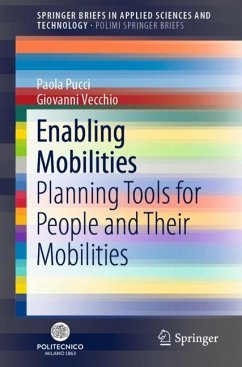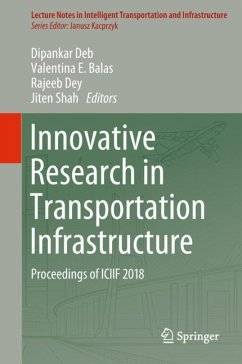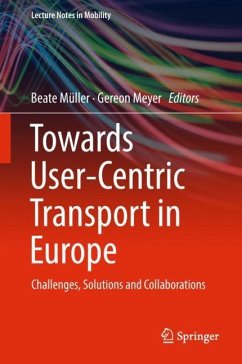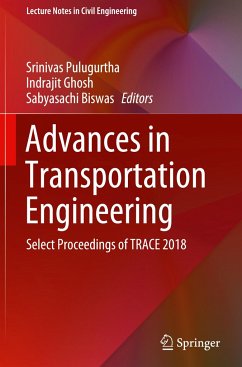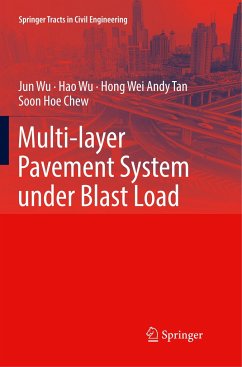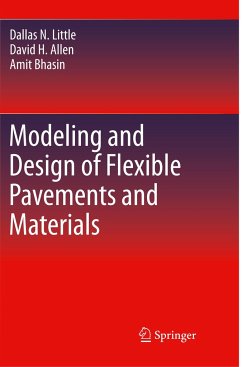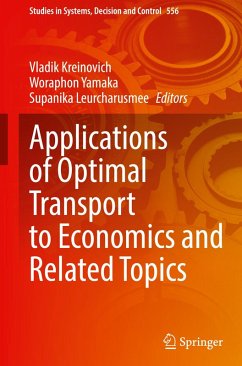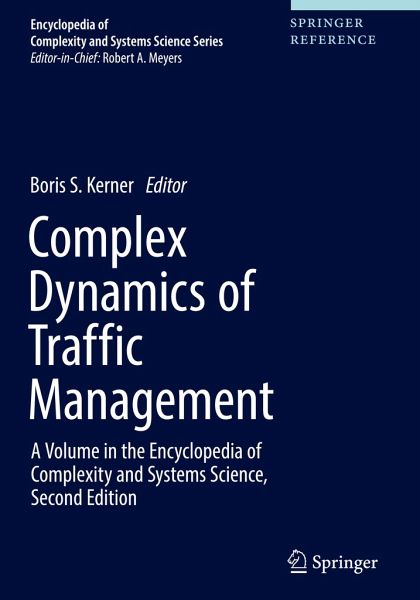
Complex Dynamics of Traffic Management
Versandkostenfrei!
Versandfertig in 6-10 Tagen
288,99 €
inkl. MwSt.

PAYBACK Punkte
144 °P sammeln!
This volume in the Encyclopedia of Complexity and Systems Science (ECSS) covers such fascinating and practical topics as (i) Vehicular traffic flow theory, (ii) Studies of real field traffic data, (iii) Complex phenomena of self-organization in vehicular traffic, (iv) Effect of automatic driving (self-driving vehicles) on traffic flow, v) Complex dynamics of city traffic, (vi) Dynamic control and optimization of traffic and transportation networks, including dynamic traffic assignment in the network, (vii) Pedestrian traffic, (viii) Evacuation scenarios, and (ix) Network characteristics of air...
This volume in the Encyclopedia of Complexity and Systems Science (ECSS) covers such fascinating and practical topics as (i) Vehicular traffic flow theory, (ii) Studies of real field traffic data, (iii) Complex phenomena of self-organization in vehicular traffic, (iv) Effect of automatic driving (self-driving vehicles) on traffic flow, v) Complex dynamics of city traffic, (vi) Dynamic control and optimization of traffic and transportation networks, including dynamic traffic assignment in the network, (vii) Pedestrian traffic, (viii) Evacuation scenarios, and (ix) Network characteristics of air control. Review articles are written by international experts covering the diverse and complex dynamics of traffic management. Topics new to the Second Edition of ECSS include microscopic traffic flow models, self-driving, complex dynamics of bus, tram and elevator delays, and breakdown minimization.



